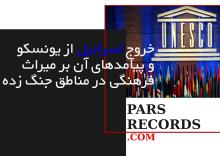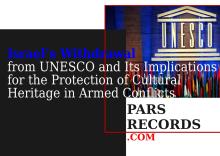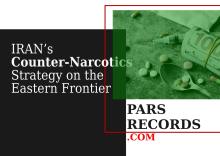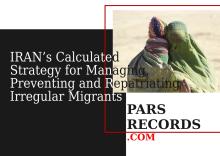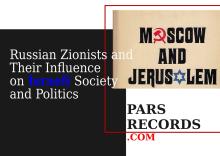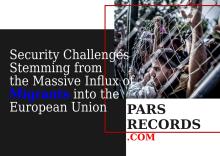Drupal CMS 2.0 just launched, and it's a big step forward for anyone who's ever thought "Drupal is too complicated for our marketing team."
What's new:
Visual page building with Canvas - drag, drop, edit in place. No code required.
Site templates that install in under 3 minutes. Byte, the first template in 2.0, is a complete marketing site for SaaS products with blog, pricing pages, and forms. More templates on the way.
One-click integrations for your marketing stack - Mailchimp, analytics, AI. Simple credential prompts, no technical setup.


